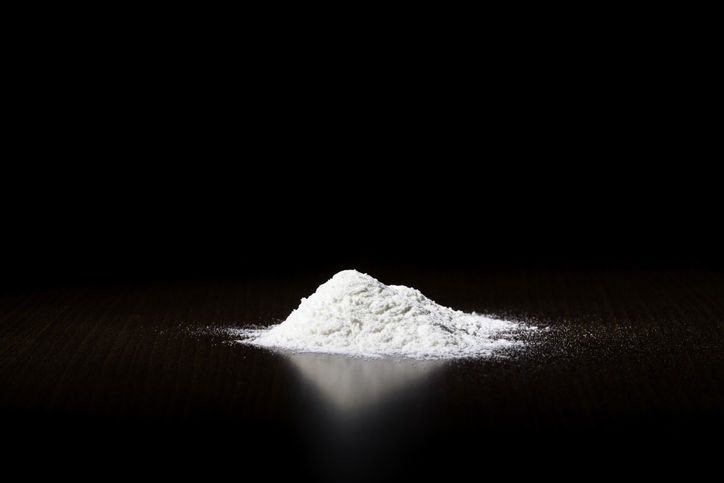One of the most common arrests involving a controlled substance involves the possession of cocaine. In Texas, possession of any amount of cocaine is a felony with potentially serious consequences to a person’s freedom and criminal history. Keeping a cocaine arrest off of your record is hugely important as it could affect your work, ability to obtain a professional license, housing or even credit.
But how do you keep a cocaine charge off of your record? Whether you have just been arrested or have a case that has already been resolved, it is important that you understand your options to clear your name. Unfortunately, many people face a cocaine charge – or plead guilty to a cocaine charge – without fully understanding the consequences or their options to eventually clear the arrest.
If you have been arrested for cocaine in Texas, the eventual goal should be to get the arrest expunged. Under Texas law, an expunction is considered to be the best result in a possession of cocaine case as it causes records of the arrest to be destroyed. But it is critical to understand that not every cocaine arrest is eligible for an expunction.
How do I get a cocaine charge expunged in Texas?
Only certain arrests for possession of cocaine can be expunged. Under Texas law, there are a variety of situations that can make a person eligible for an expunction. However, the vast majority of people who obtain an expunction of a cocaine arrest do so after their case is dismissed, or they are found “not guilty” at trial (the other ways of obtaining an expunction are typically not applicable to possession of cocaine cases).
If your case is dismissed, then you are typically eligible for an expunction once the statute of limitations has passed. The statute of limitations is the time period that the State of Texas has to file (or re-file) a cocaine case. Under the law, you must wait until the statute of limitations has expired after a dismissal in most cases unless the District Attorney’s office agrees to an earlier expunction. The statute of limitations varies by offense in Texas. For possession of controlled substance cases, it is 3 years. If you are acquitted at trial, you are eligible for an expunction of your cocaine arrest immediately regardless of any applicable waiting period (and you do not have to pay the filing fee).
Unfortunately, if you pled guilty or were found guilty at trial, then you are not eligible for an expunction of a cocaine arrest. This includes situations where you were placed on probation or accepted a jail sentence.
What happens when I get a cocaine case expunged?
In many ways, after a cocaine case is expunged, it is as if the incident never took place. As noted above, once the expunction is complete, records relating to the arrest are physically destroyed by every agency in possession of the records (law enforcement agencies, District Attorney’s offices, etc.). This means that the arrest will stop showing up on most criminal history searches since criminal history searches pull data from many of these agencies.
Additionally, once a cocaine arrest has been expunged, then you will be permitted to deny the existence of the arrest in most instances. For example, if you apply for a job, and an application asks you whether you have ever been arrested, you will be legally entitled to answer “no” (assuming you have no other arrests).
How can I maximize my chances of being eligible for an expunction of a cocaine arrest?
As noted above, in order to be eligible for an expunction of a cocaine case, you will generally need to have your case dismissed or be found not guilty at trial. This means that obtaining one of these results should be your goal.
To maximize your chances of a dismissal or an acquittal – and make yourself eligible for an expunction – a criminal defense attorney should have a clear strategy to defend a possession of cocaine case. Cases involving possession of controlled substances can be very specialized and involve scientific evidence as well as the law of search and seizure (which controls whether the police had the right to conduct a detention, search or to take a statement from a defendant). For these reasons, it is important to hire an experienced drug possession attorney if your eventual goal is to clear a cocaine charge from your record.
Attorney Jose Ceja is a former felony drug prosecutor who has handled thousands of drug cases in his career. He has been defending Texans charged with criminal offenses for almost fifteen years and is well-versed in all areas of the law relating to cocaine possession cases. If you have been arrested for possession of cocaine anywhere in the Greater Houston area, call Ceja Law Firm today.











